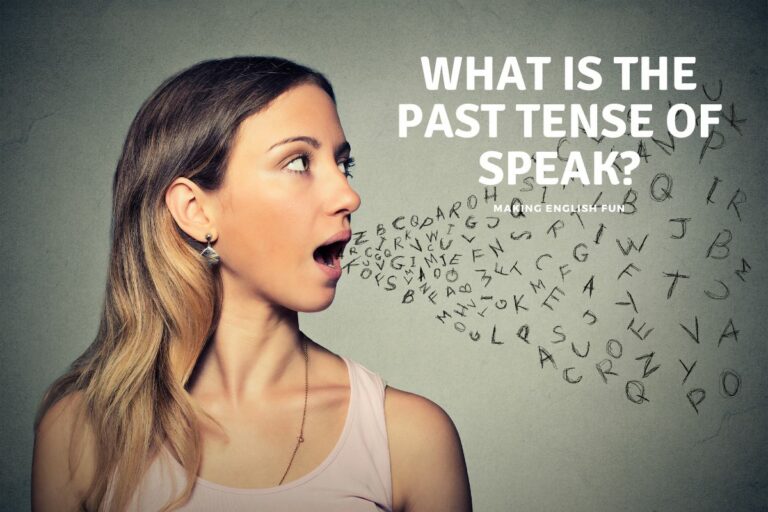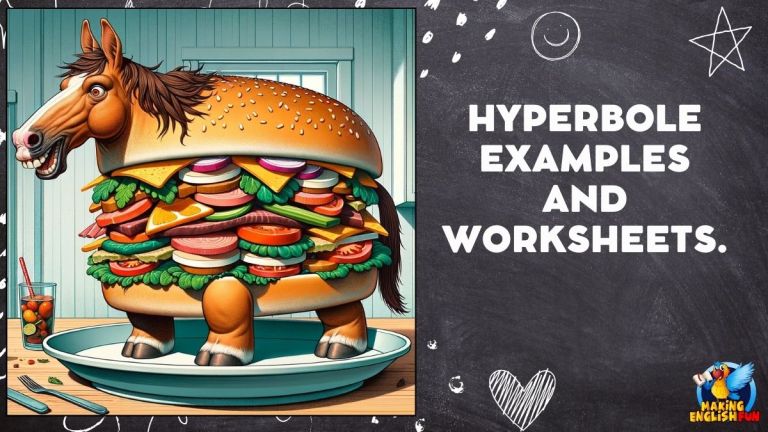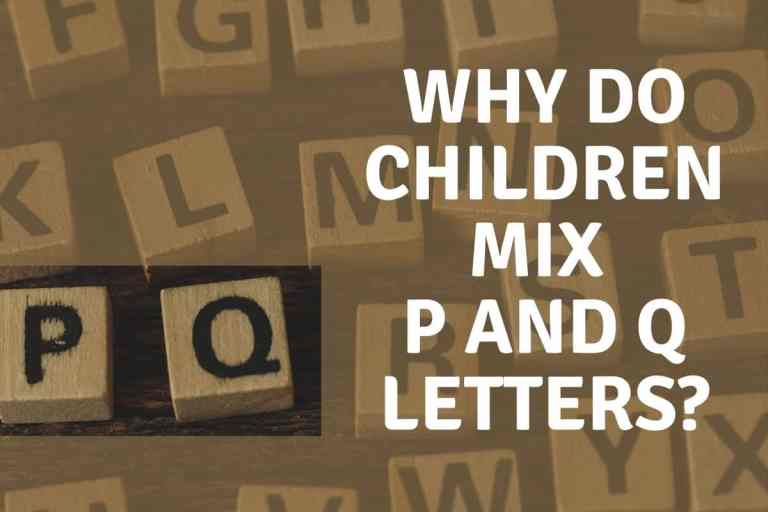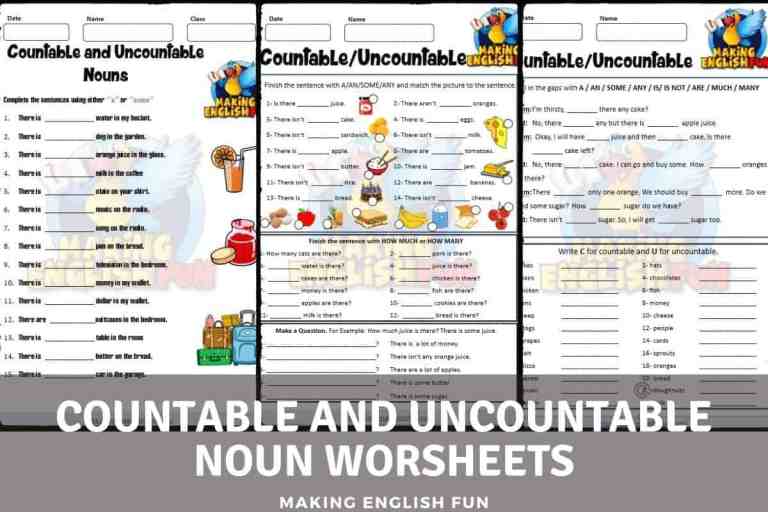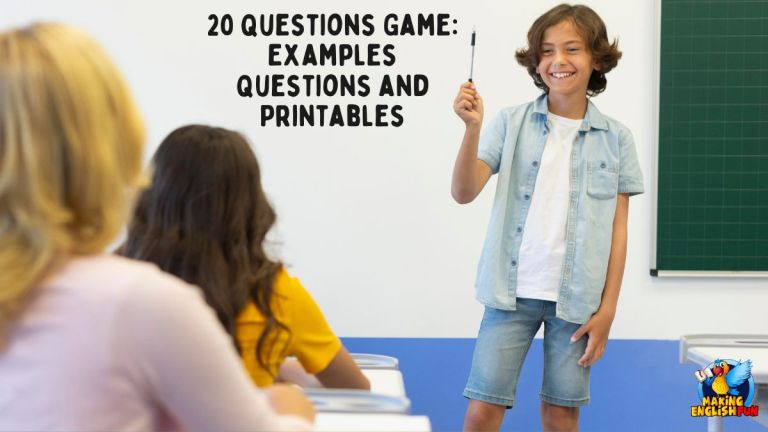Difference Between Farther and Further and a Quiz
In English, certain word pairs sound alike and often lead to confusion. “Farther” and “further” fall into this category.
Although they are frequently used interchangeably, they have distinct uses that can change the meaning of a sentence.
| Word | Part of Speech | Definition | Example |
| farther | Adjective/Adverb | Relating to physical distance; more distant in terms of space. | “She lives farther away from the city.” / “Can you throw the ball any farther?” |
| further | Adjective/Adverb | Used to denote extension or progression in time, degree, or abstract distance; can also refer to physical distance. | “We need to discuss this further.” / “Her studies took her further into the subject.” |
Understanding the difference between these two words is key to precise and effective communication, especially when discussing distance or advancement.
This article will explore “farther” and “further,” providing clear definitions, examples, and guidelines to help you distinguish between them accurately.
You can also check out the quiz on the difference between farther and further in the middle of the page

Section 1: Exploring “Farther”
Farther: A Focus on Physical Distance
The term “farther” is typically used to refer to physical distance. It is the comparative form of “far,” meaning more distant in space.
Examples of “Farther” in Use
Here are some instances where “farther” is used appropriately:
- “The next town is farther than I thought.” This sentence suggests a greater physical distance.
- “Can you throw the ball any farther?” Here, “farther” relates to the measurable distance the ball can travel.
In these examples, “farther” is specifically referring to a tangible and measurable distance.
Section 2: Understanding “Further”
Further: Beyond Distance, into Depth and Advancement
While “further” can also refer to physical distance, it is more commonly used in a figurative sense. “Further” implies additional degree, extent, or advancement, often in abstract concepts like time, knowledge, or relationships.
Usage in Sentences
Examples of “further” include:
- “We need to discuss this matter further.” In this case, “further” refers to additional depth or extent in discussion.
- “Her research took her further into the archives.” Here, “further” suggests more profound exploration, not just physical distance.
“Further” is a versatile word used in various contexts, encompassing both physical and figurative advancement.
Farther and Further Whats the Difference Quiz
You can check out our quiz to practice the difference between its and it’s here as well.
Farther vs. Further Quiz
Question 1: “He wanted to explore _____ into the forest.”
Question 2: “The research will require _____ investigation.”
Question 3: “The finish line is getting _____ away.”
Question 4: “Let’s explore _____ into this topic.”
Question 5: “The mountain peak seemed _____ away.”
Question 6: “We need to delve _____ into this issue.”
Question 7: “The boat sailed _____ from the shore.”
Question 8: “We need to discuss this _____.”
Total Score: 0
Section 3: Tips to Differentiate Between “Farther” and “Further”
Understanding when to use “farther” versus “further” can be made clearer with a few guidelines:
- Context of Distance: Use “farther” when referring to a literal, physical distance. “Further” is more suitable for abstract or figurative distances, as well as for discussing an extension of time or degree.
- Substitution Test: If you can replace the word with “more far” and it still makes sense, “farther” is likely the correct choice. For more abstract concepts or non-physical distances, “further” is usually appropriate.
- Mnemonic Device: Remember that “farther” has the word “far” in it, which relates to physical distance. “Further” can be associated with “furthermore,” indicating advancement in discussion or argument.
Common Errors to Avoid:
- Using “further” when specifically talking about physical distances (incorrect: “The store is further down the road”).
- Employing “farther” in contexts of abstract advancement or extension (incorrect: “Let’s explore this topic farther”).
Section 4: The Importance of Accurate Word Choice
Accurately choosing between “farther” and “further” is crucial for clear communication.
Misuse of these terms can lead to ambiguity, particularly in written contexts where the intent is not supplemented by tone or gesture.
Precise language use, especially in formal, academic, or professional settings, demonstrates attention to detail and a strong grasp of English.
Conclusion
The difference between “farther” and “further,” while subtle, is significant in ensuring your message is conveyed correctly.
By understanding and applying the guidelines outlined in this article, you can confidently navigate these nuances in English and enhance the clarity and precision of your communication.
What to do next?
What strategies do you use to remember the difference between “farther” and “further”?
Share your tips and experiences in the comments below.
For more insights into English language nuances, explore our other resources and take our interactive quizzes to test your knowledge!
Other Commonly Confused words in English
We also have an article with over 50 of the most commonly confused words in English here on the site.


